And so it rolls on. The Supreme Court’s decision on biological sex has split the nation in two.
Anyone who scratched beneath the surface knew the Supreme Court was never likely to rule any other way.
Unlike the USA’s Supreme Court, which can be packed with cronies until it overturns laws like Roe vs Wade, the UK’s Supreme Court is a non-political body that interprets existing legislation.
Because the Equality Act is 15 years old it predates the current trans debate and doesn’t make much provision for it.
While ‘gender reassignment’ is a protected characteristic, the ongoing argument over definitions of a man and woman are a much more recent phenomenon.
This toxic debate has already divided people into camps as entrenched as you’ll find in any Old Firm fans group.
A Fife doctor and nurse who should be in the spotlight for the life-enhancing work they perform are instead locked in a bitter tribunal battle over whether they can use the same changing room.
This week Dundee University’s new rector Maggie Chapman and JK Rowling got into a row about the issue.
In the short term, life is likely to get more difficult for trans people as spaces formerly available to them are closed off.
The times they are a changin’
But what I suspect will happen is over the next five or 10 years fresh legislation will be passed giving trans people more rights than they currently enjoy.
Perhaps not as many as they want, and changes will be met with howls of protest from the groups who oppose them, but it feels inevitable.
Because progress always wins. Every generation breaks down a new social barrier.
Only when you look back do you get a sense of perspective on how far we’ve come and an inkling of where we might go next.
It’s just over a decade since same-sex marriage became legal in Scotland.
In the years leading up to it there was similar vehement and divisive debate around that issue. The right-wing press pilloried it as an attack on marriage and traditional values.
It felt like everyone got sucked into the debate.
I recall numerous dinner table disputes with older relatives who insisted allowing gay people to tie the knot would undermine the institution of marriage.
A few years later, after the dust had settled, I asked them in what ways they felt their own marriage was weaker now. Of course they had no answer.
In fact they had largely forgotten how vociferously they once stood against equal marriage.
Only gay people – delighted to be allowed to be as miserable as the rest of us – were affected by the change in the law.
Mixed race marriage
Go back another generation or two, to the 1950s and ‘60s, and interracial marriage was the trigger issue. While it was never illegal in Britain like it was in America it was widely reviled.
Some newspapers portrayed mixed neighbourhoods as hotbeds of crime, prostitution and gambling. And Government guidance advised white British women not to marry Chinese, Hindu, Muslim, or black men.
There may be a handful of people reading this column that still disagree with equal marriage but I doubt there’s anyone still around who cares if a white woman marries a black man, or vice versa.
Times move on and the same thing will happen here.
The media has a notoriously short attention span. Trans issues won’t stay in the spotlight forever.
Eventually a combination of new legal protections and evolving social attitudes will mean we no longer care as much which toilets or changing facilities people use.
The fight game
Really the only issue that needs attention is sports, where there has to be some kind of give-and-take in setting the rules.
I don’t really care if someone who was born a man sets the women’s Park Run record.
But you couldn’t have a trans Anthony Joshua fighting for the women’s world championship. They’d kill someone.
Speaking of boxing, do you remember the Algerian fighter Imane Khelif, who fought at the Paris Olympics in 2024?
She was born female and has always been a woman.
But the International Boxing Association (IBA) said Khelif failed gender eligibility tests at the previous year’s world championships, leading to one of the Games’ biggest controversies.
It triggered an avalanche of hatred and bile towards the boxer.
Suddenly all those people who badgered the prime minister to say whether a woman could have a penis or a man could have a uterus changed their tune completely.
Now sex was nothing to do with your genitalia, it was all about whether someone has XY chromosomes or more than the usual level of testosterone.
Throwing shade
When I was a kid Fatima Whitbread and Tessa Sanderson were national heroes the country cheered for.
If they were competing today I wonder if they would have to contend with social media savages telling them they’re not feminine enough to compete.
Heck, Serena Williams probably only just got her career established in time to avoid being vilified.
I find the whole thing tiresome and dispiriting. People used to say giving gay people rights would remove rights from straight people.
Now they’re saying giving trans people rights will remove rights from women.
The level of hatred aimed at trans people could more usefully be pointed at Vladimir Putin. Or Donald Trump.
Or the people who profited from nepotistic PPE contracts. Or a million other more worthy subjects.
Better still, why don’t we forget about the hatred and put our energy into more positive endeavours.
I hate the word ‘woke’ – it’s just a synonym for political correctness, which itself is just a term for trying to be kinder and less offensive to one another.
The whole thing makes me wonder what I’ll be angry and backwards about when I’m an old man.
Eventually society moves on and if we don’t keep up we find ourselves left behind.
I have a five-month old daughter. When she’s a grown woman, what kind of outdated 2020s morality will I be throwing at her?
“You can identify as any sex you like and date people of any gender or ethnicity as long as they love you back and treat you right.
“But no child of mine is marrying a robot.”
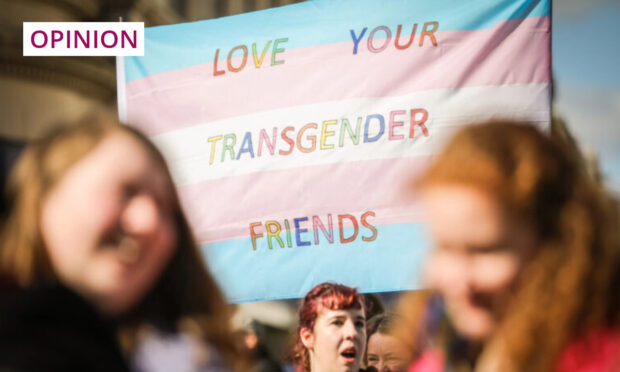
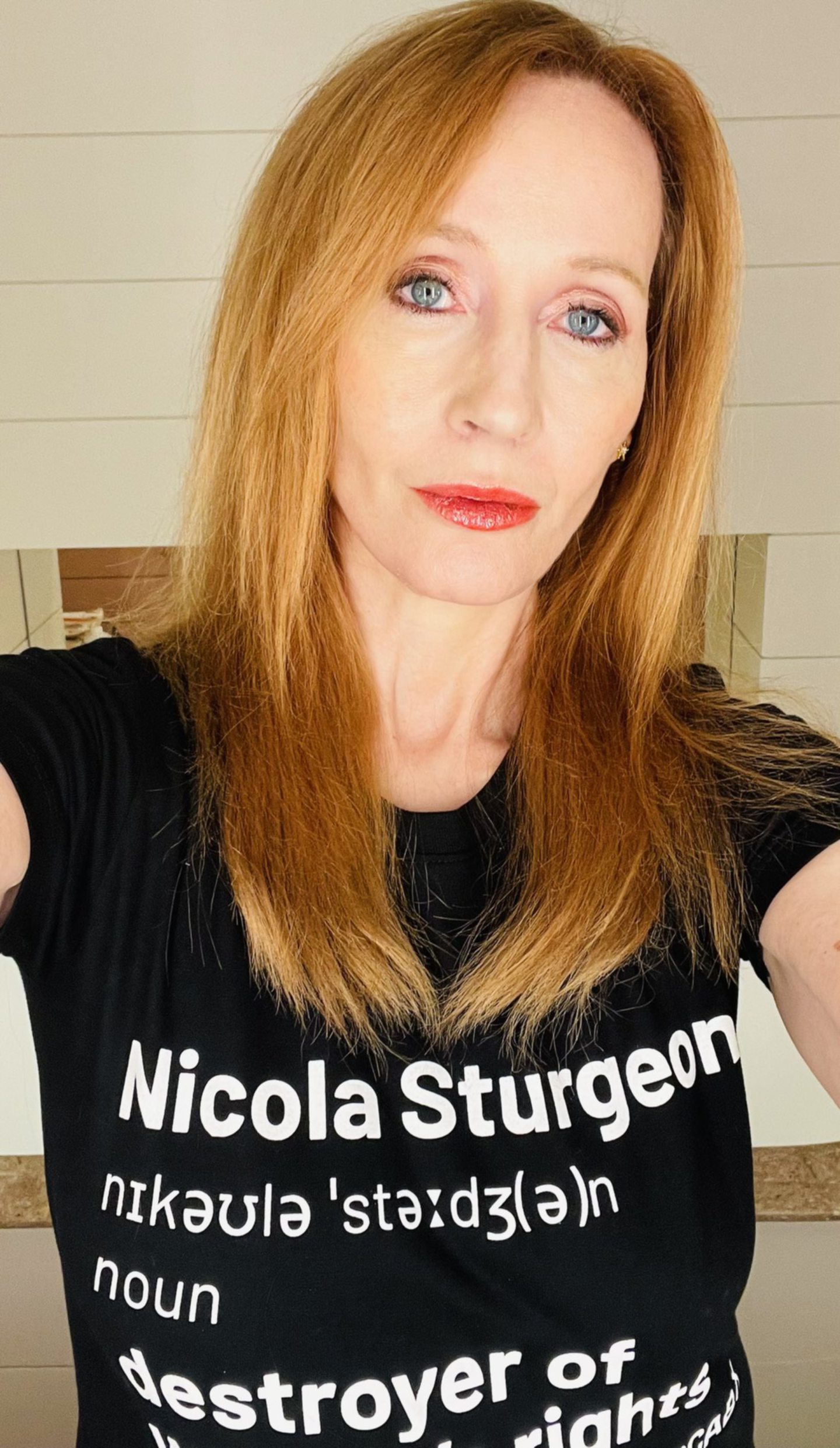
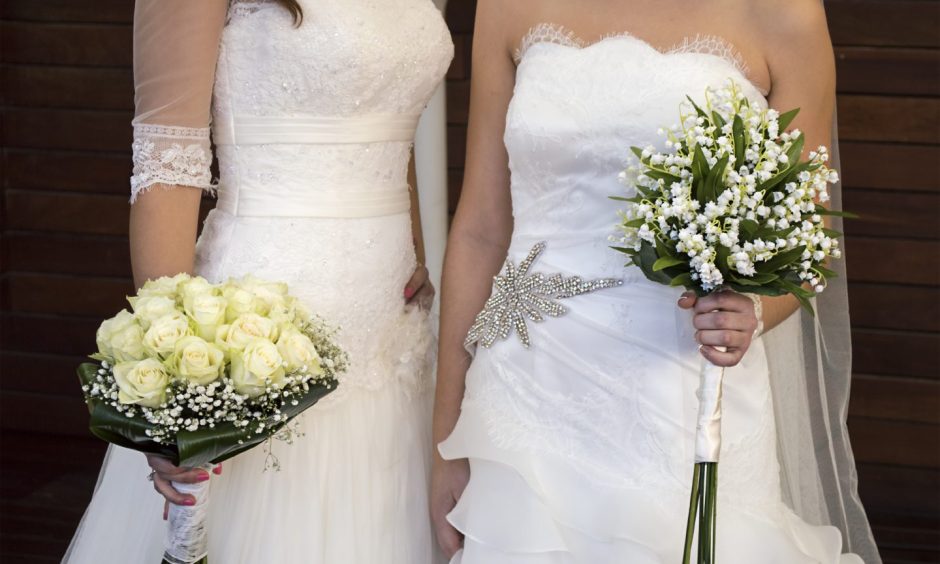
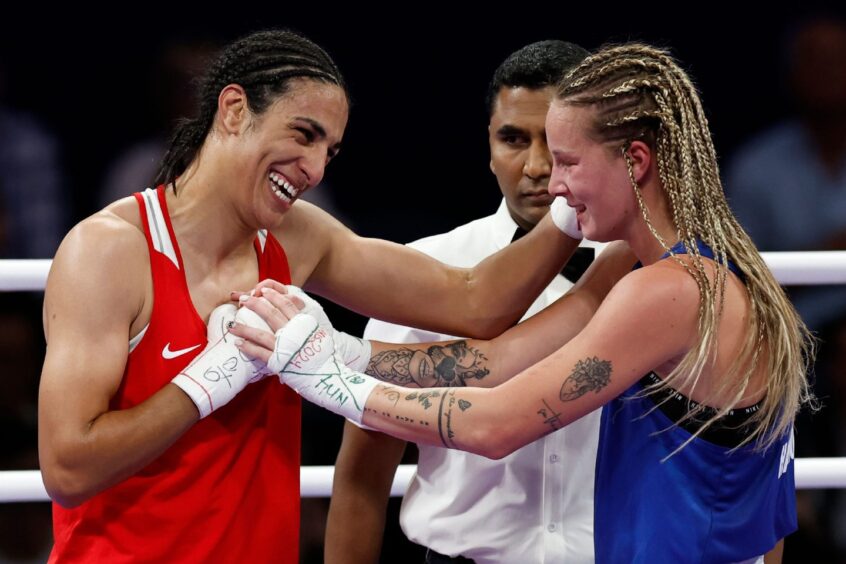
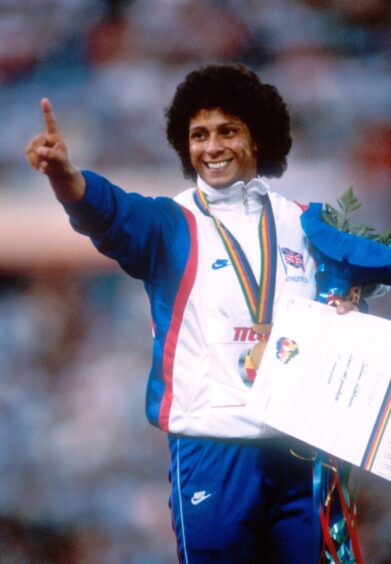
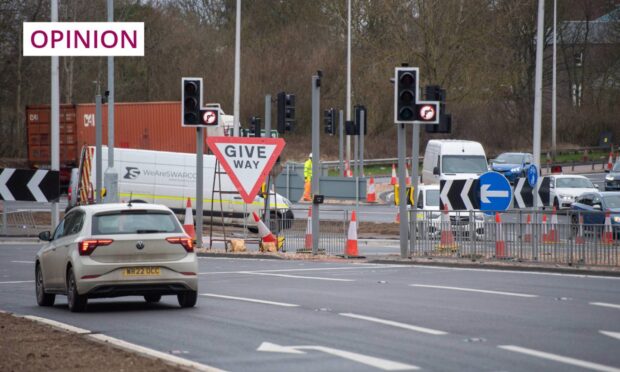
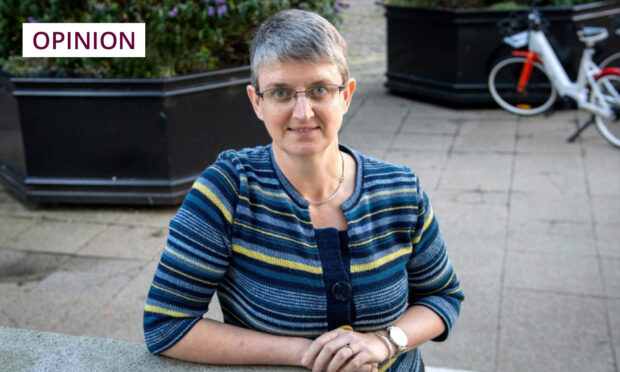








Conversation